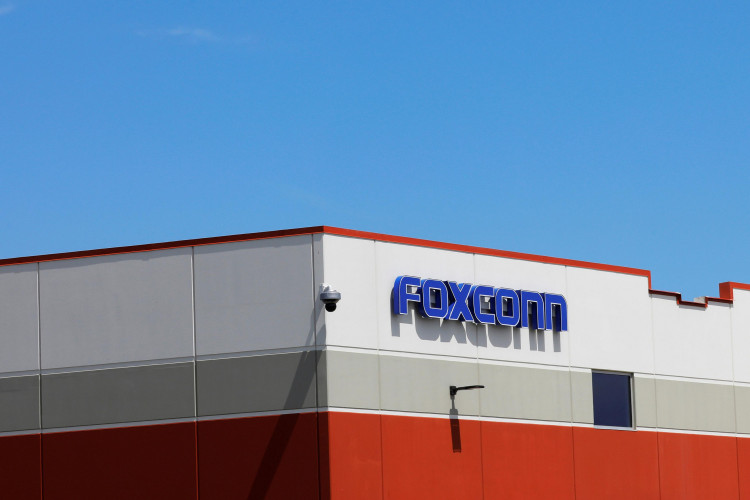Foxconn, the Taiwan-based tech behemoth known for manufacturing Apple products, including iPhones, has come under the scrutiny of Chinese mainland tax authorities. The company is currently undergoing tax inspections in several provinces, including Guangdong and Jiangsu. Additionally, the natural resources department is investigating the land use of key Foxconn enterprises in Henan and Hubei provinces.
Foxconn's founder, Terry Gou, made headlines in August when he announced his intention to run as a candidate in the 2024 elections for Taiwan's regional leader. This decision led him to resign from his position on the Foxconn board. Gou's political alignment appears to be in line with the Kuomintang (KMT), Taiwan's main opposition party. However, analysts from both sides of the Taiwan Straits believe that Gou's entry into the political arena might further fragment the island's opposition camp. This fragmentation could inadvertently benefit the secessionist ruling Democratic Progressive Party's candidate, Lai Ching-te.
The timing of the inspections has raised eyebrows in some quarters. Many in Taiwan speculate that the probes might be linked to Gou's political ambitions. However, Chinese mainland experts have emphasized that such investigations are routine and legitimate. Every company, regardless of its stature or affiliations, undergoes tax inspections. While the investigation itself is deemed normal, its implications could reverberate in the upcoming elections. Experts have voiced concerns that if secessionists advocating for "Taiwan independence" clinch a victory, it could spell disaster for the region's peace and stability. In such a scenario, the onus would be on the Chinese people, including the business community, to unite and avert potential calamity.
In response to the ongoing inspections, a spokesperson from the Hon Hai Technology Group, Foxconn's parent company, reiterated their commitment to legal compliance. The spokesperson stated that adhering to laws and regulations is paramount for the group's global operations. They also assured full cooperation with the relevant departments during the inspections.
Zhang Wensheng, deputy dean of the Taiwan Research Institute at Xiamen University, shed light on the situation, emphasizing that tax inspections and land use investigations are standard market supervision activities in China. Foxconn, like any other enterprise, is obligated to cooperate and uphold market order. Zhang also highlighted the welcoming stance of the mainland towards Taiwan-funded enterprises, offering them various preferential measures and encouraging them to partake in the mainland's developmental opportunities.
Foxconn's significant presence in the mainland has been mutually beneficial. The company's subsidiary, Foxconn Industrial Internet Co Ltd, is listed on the A-share market, which has been a boon for its parent company, Hon Hai Technology Group.
However, the ongoing inspections might have repercussions on the stock market. Experts predict potential fluctuations in the share prices of Hon Hai and Foxconn. This situation underscores the intricate ties between the cross-Straits and the need for Taiwanese companies to be well-versed with mainland laws and regulations.
The broader geopolitical landscape also plays a role in this narrative. Concerns about Taiwan secessionism are escalating globally, with major Western powers like the US and the EU expressing their reservations. Both the US and the EU have reaffirmed their commitment to the "One China Policy," urging Taiwan to refrain from any unilateral declaration of independence.
Ihe Foxconn inspections, set against the backdrop of political maneuverings and global geopolitics, underscore the intricate interplay of business, politics, and international relations in the Asian-Pacific region.






